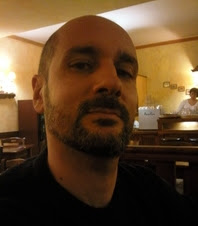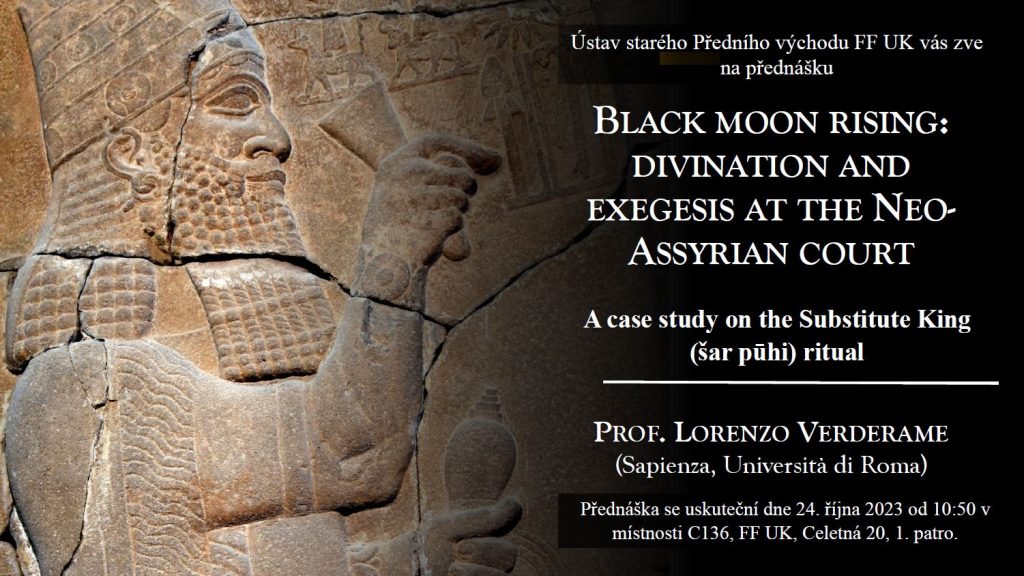
Abstract:In the Neo-Assyrian period, a particular type of moon eclipse portends the death of the king. The omen is not contrasted but realized through a substitute ritual (the “substitute king”, šar pūhi), where another man dies instead of the ruler, thus realizing the latter “destiny”.This presentation will discuss the different aspects of the ritual through the analysis of divinatory and ritual texts as well as letters exchanged between the Assyrian king and his ummânus, the experts of mantic, therapeutic, and cultic disciplines. Far from being an isolated ritual, the šar pūhi is accompanied by different ritual and cultic activities. All types of omens are observed, recorded, and discussed. Apotropaic rituals (namburbi) and cleansing rituals are performed together with prayers. Each step and decision related to the ritual is discussed between the king and his ummânus. Presenting the omens quoted, commented, and interpreted by the ummânus, the paper will show how the divination in Neo-Assyrian period worked, namely how the written and non-written as well as “canonical” and non-canonical sources are used by scribes; how the omen are interpreted; how this interpretation influences not only the ritual performance but also the policy of the Assyrian ruler.
Lorenzo Verderame is Associate professor of Assyriology at the “Sapienza” University of Rome since 2019. His research topics cover the range of cuneiform cultures of ancient Mesopotamia from the beginning of the third millennium B.C. to the first millennium B.C. One of the two main focuses of his research has been the third millennium administrative documents in Sumerian language, mainly from the Ur III period. The second focus of his research deals with the study of divination, mainly as documented in Akkadian sources from the first millennium B.C. Besides, he has carried out other major academic works on Sumerian literature and the Mesopotamian religious system. He is member and director of different national, as well as international, projects, such as the Ur Digitization Project at the British Museum. Since autumn 2013, he helds the role of head epigrapher of the joint archaeological excavation of “Sapienza” University of Rome, Università di Perugia, and the Iraqi State Board of Antiquities that is being undertaken in the ancient Sumerian town of Nina/Niĝin (Surghul), in south Iraq.




